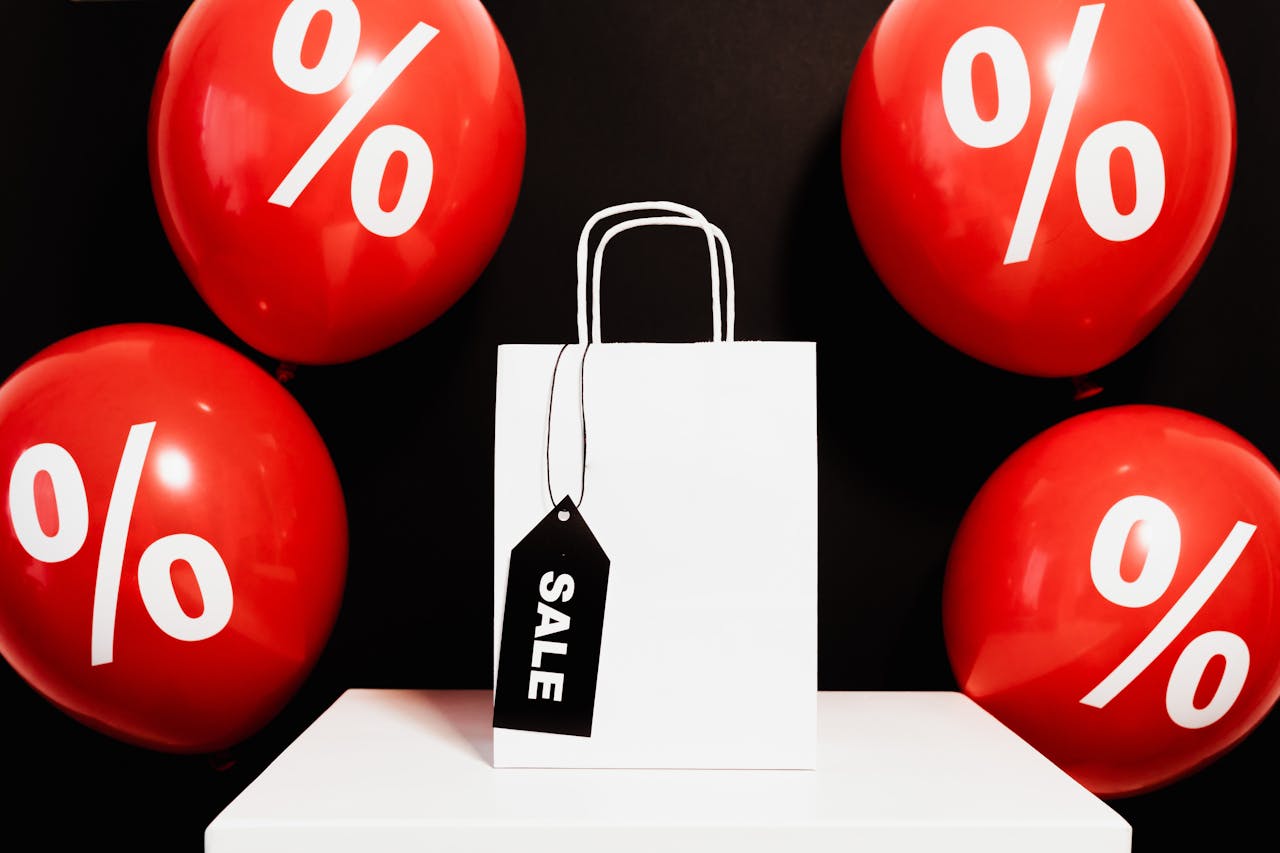5 Effective Sales Strategies for Your Business

Udokanma Georgewill
February 12, 2025

There are sales strategies and there are Sales Strategies. But can we agree that selling generally is not about being the loudest, plastering ads everywhere, slashing prices, or guilt-tripping your friends into buying from you? Sales is about being the smartest and staying one step ahead. In a moment, we are going to highlight methods that actually work, especially for fast-moving markets in Africa. But what is a sales strategy anyway?
A sales strategy is simply your plan for turning a “maybe” into a “yes” or “not now” into “I'm ready to pay." It doesn’t have anything to do with setting targets and hitting them. You need to first understand why people buy. Who needs your product? How do I reach them? What makes them say, “Take my money!”
One more thing, let’s clear up these two terms first: inbound and outbound sales. Before putting together your strategies or baiting your customers, which of these hooks will be effective?
Inbound and Outbound Sales
For inbound sales, prospective customers come to you to interact or engage with a company or brand first, for instance, someone Googles “best skin care plug in JoBurg” and finds your page on Instagram or your site. Here, you just need to create a magnet, so instead of chasing leads, they come to you. In many African markets, trust is everything, and inbound strategies will help you build a relationship with your customers slowly but surely. You also don’t need an outrageous budget, just stay creative and consistent. Once your content is out there, it will keep working for you.
Meanwhile, for outbound sales, it is the opposite. You are the one to reach out to your prospective customers/clients, whether through cold calling, messaging, or door-to-door sales. This approach is more direct and can yield faster results, but it requires effort and precision. Africans still love and prefer personal connections, so a phone call and face-to-face meetings go a long way. One tricky part of this strategy is that you will discover how people may not even know they need your product until you tell them about it.
Now, both of these approaches work and you can choose either or go hybrid, where you use both. Many successful businesses use a mix of inbound and outbound. The bottom line is that whether you choose one or the mix, you need to connect with your customers in a way that feels authentic and valuable.
Let's cut to the chase and show you some proven, simple, and practical sales strategies and how some successful businesses use them to grow.
Leverage Social Proofs
Because everyone loves a crowd and people will usually trust what others are doing, this is what social proof is about. If your close friend or relative buys something, gets value, and shares about it, you are likely to ask them to give you their plug (contact/site of the seller).
Jumia and, very recently, Temu have used this strategy to stay on top of their game in e-commerce, flooding their product pages with customer reviews. Each time you are browsing a product page and you see many ratings and reviews like "From Fejiro - I love this blender, it is exactly as it looks on the site," that social proof is what turns skeptical leads into buyers.
As a business, sharing customer testimonials on your site or Whatsapp status and even reposting their photos on Instagram (user-generated content) can be the difference between no sales and recurring revenue growth.
Bundle for Value
We can tell you for free that the word “Free” works like magic. It is psychology; bundling makes customers feel like they are outsmarting you or your system. They would rather pay more to save more. Companies like Oraimo, a tech accessory giant, came in to the market with authentic multiple product lines and, after a while, started to bundle products like Earbuds and Power Bank. Customers thought, “Why buy just an earbud when I can also add a power bank that will charge both my phone and earbud when necessary and at a lower cost?”
If you have multiple products, try pairing a hot seller out of those with another item. Use phrases like “Free product A with product B” rather than “Discount of 10%.”
Follow-up Like Your Life Depends on It
Many businesses ghost customers after their first sale; please don’t be that person/business. A simple “How is it going?” can turn a one-time buyer into a loyal customer. Some real estate companies have figured out this hack. Now, after any landed property purchase, they send you a personalized message on WhatsApp or SMS to thank you for the purchase and ask if you need further financing to develop the property. This follow-up is what boosts recurring sales and referrals.
These strategies have been tested in different markets. Whatever products or services you sell, they are guided by solving problems, building trust, and staying authentic. The key is to act on them, track what works, and tweak as you go.


